LIVE. WORK. PLAY.

Creating a community means more than planning roads and water lines, constructing buildings, and placing an “Open for Business” sign on a window.
It doesn’t happen overnight—particularly when its standards for the quality of life in the community match those of the internationally renowned research university next door.
Developing the Discovery Park District at Purdue has required vision and discipline from the start—the vision to create a campus for the next generation of students, families, and companies and the discipline to form a strong foundation by recruiting key corporate partners. Discovery Park is an example of the remarkable things that can be created when academia, industry, and government work together on a common goal.
The $1 billion mixed-use development of housing, high-end manufacturing, and industry and research-driven partnerships is already an economic and commercial success. Now, just four years into a 30-year master plan, Purdue and its key local and global partners are taking steps to capitalize on the growing national trend for those who want to live, work, play, and—the latest—retire near a prosperous and progressive university community.
“PRESIDENT DANIELS CONCEIVED AND CHAMPIONED THIS IDEA AS A WAY TO BUILD THE GREATER LAFAYETTE ECONOMY WHILE MAKING THE NEARBY CAMPUS ENVIRONMENT EXCITING AND ATTRACTIVE SO PURDUE CAN RECRUIT THE TALENT IT NEEDS FOR THE FUTURE.”
The district’s 400-acre expanse includes state-of-the-art research facilities and laboratories for the university’s multidisciplinary programs in aerospace and defense, nanotechnology, and other critical fields; manufacturing facilities for high-tech companies that offer high-paying jobs; and multiple housing options.
“It’s an economic development vehicle for Purdue University, the Greater Lafayette community, and the state of Indiana,” says Rich Michal, senior vice president of capital projects and facilities at the Purdue Research Foundation (PRF), a private nonprofit that manages the Discovery Park District.

A PLACE TO CALL HOME
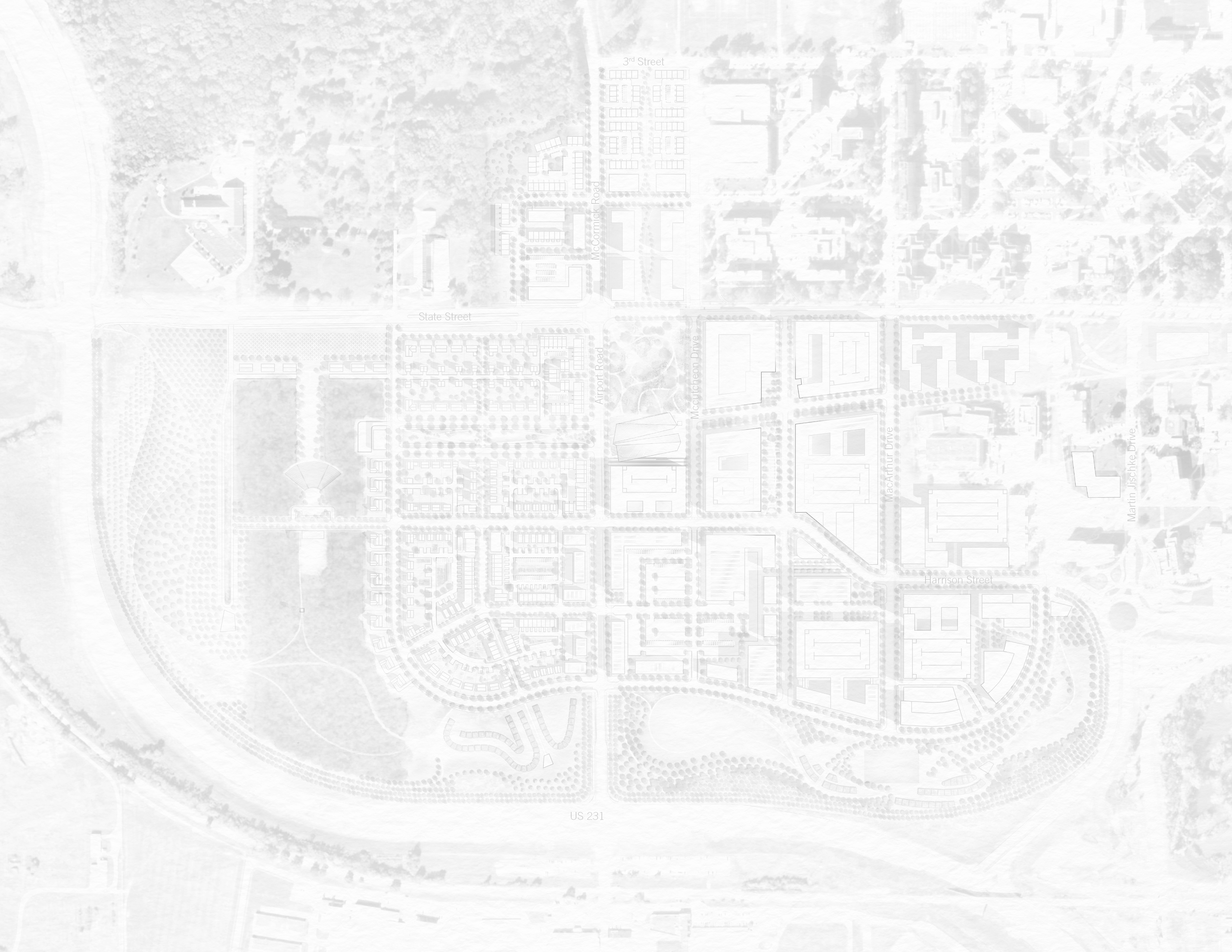
The Discovery Park District is a testament to the adage, “If you build it, they will come.”
And that’s true for families, young professionals, and retirees excited about living near a university community with a vibrant culture.
The area’s high quality of living has been recognized on a national scale: West Lafayette was named the eighth-best college town by WalletHub in 2022 for its social, academic, and economic opportunities in addition to low housing costs.
Anchoring the district’s residential effort is Provenance, a neighborhood of single-family detached homes, townhomes, condominiums, and apartments. Preserved green spaces and mature trees dot the landscape, and walking trails provide access to nearby parks and golf courses. Future plans include senior housing; a community center; a fitness center; a day-care facility and preschool; restaurants and retail; and community gardens.
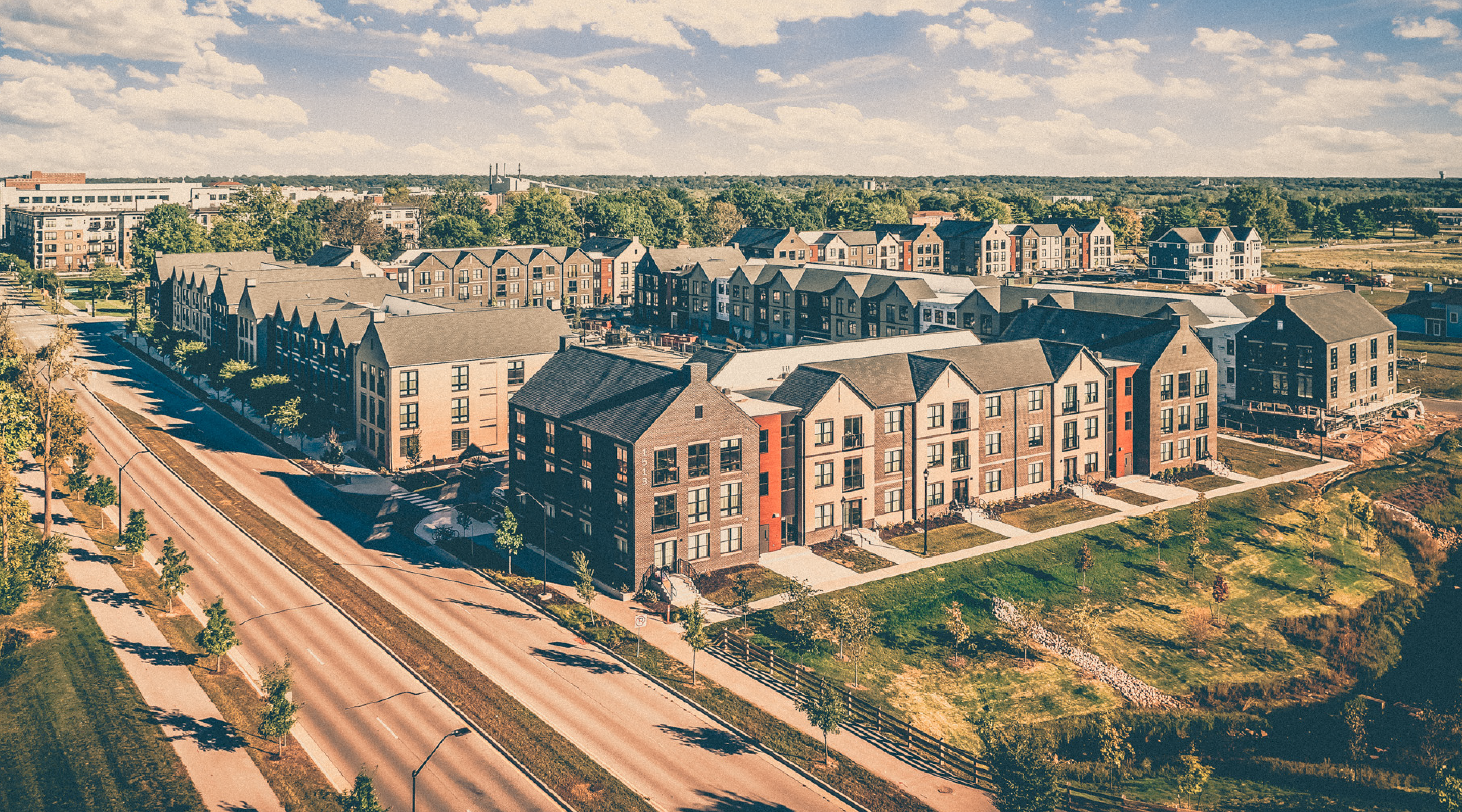
Across the street from Provenance, the Source luxury condominium complex will include 57 units designed for alumni and fans who want a place near campus for football weekends and other Purdue events. Residents will enjoy covered parking and close access to Squirrel Park, which will be expanded to include an event venue, apple orchard, and additional gathering and recreational spaces.
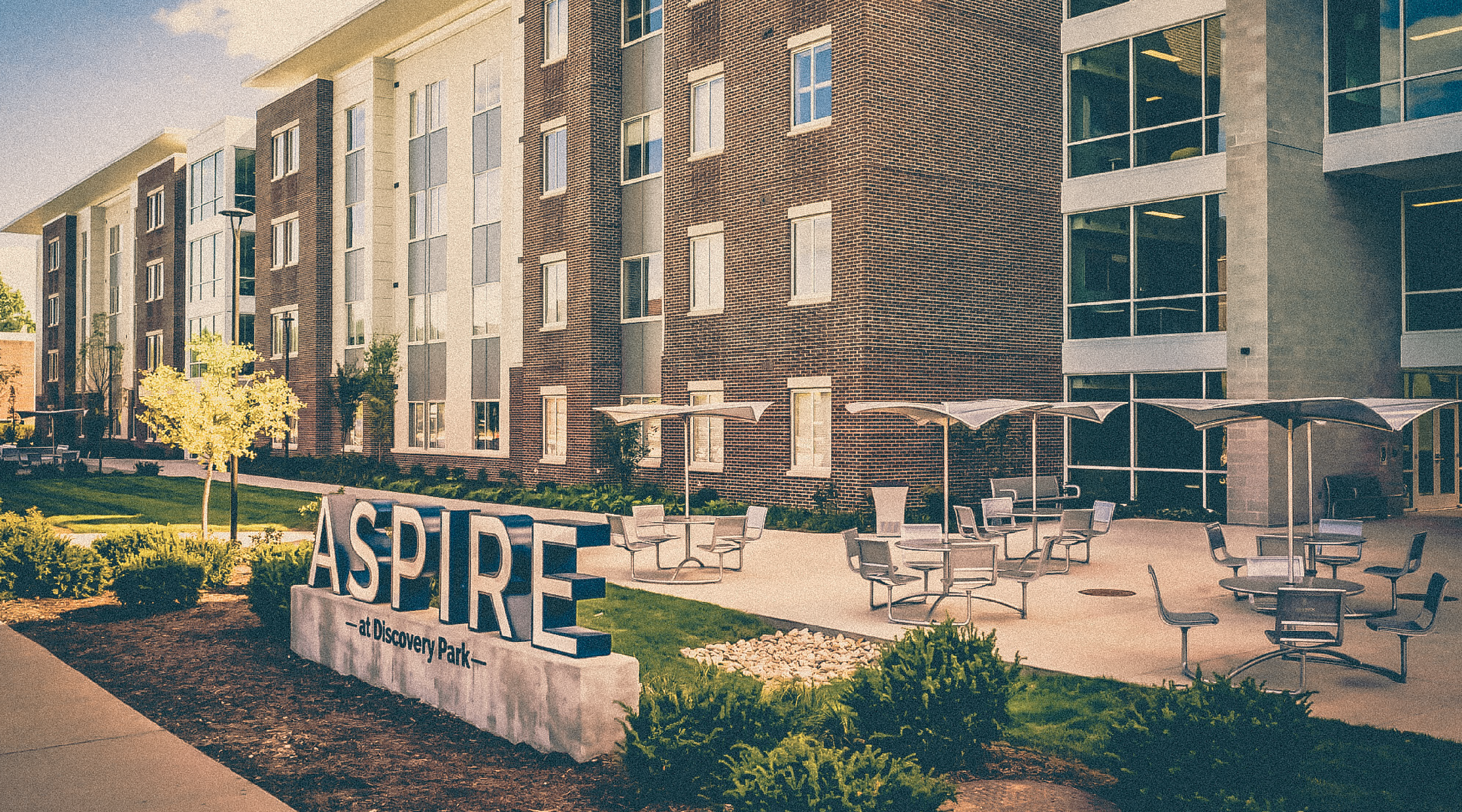
Two apartment projects, Aspire and Continuum, are located nearby. The 830-bed Aspire is part of University Residences and features smart-home technology that allows residents to control utilities via an app. Continuum consists of 246 luxury one- and two-bedroom apartments and 15,000 square feet of street-level commercial space.
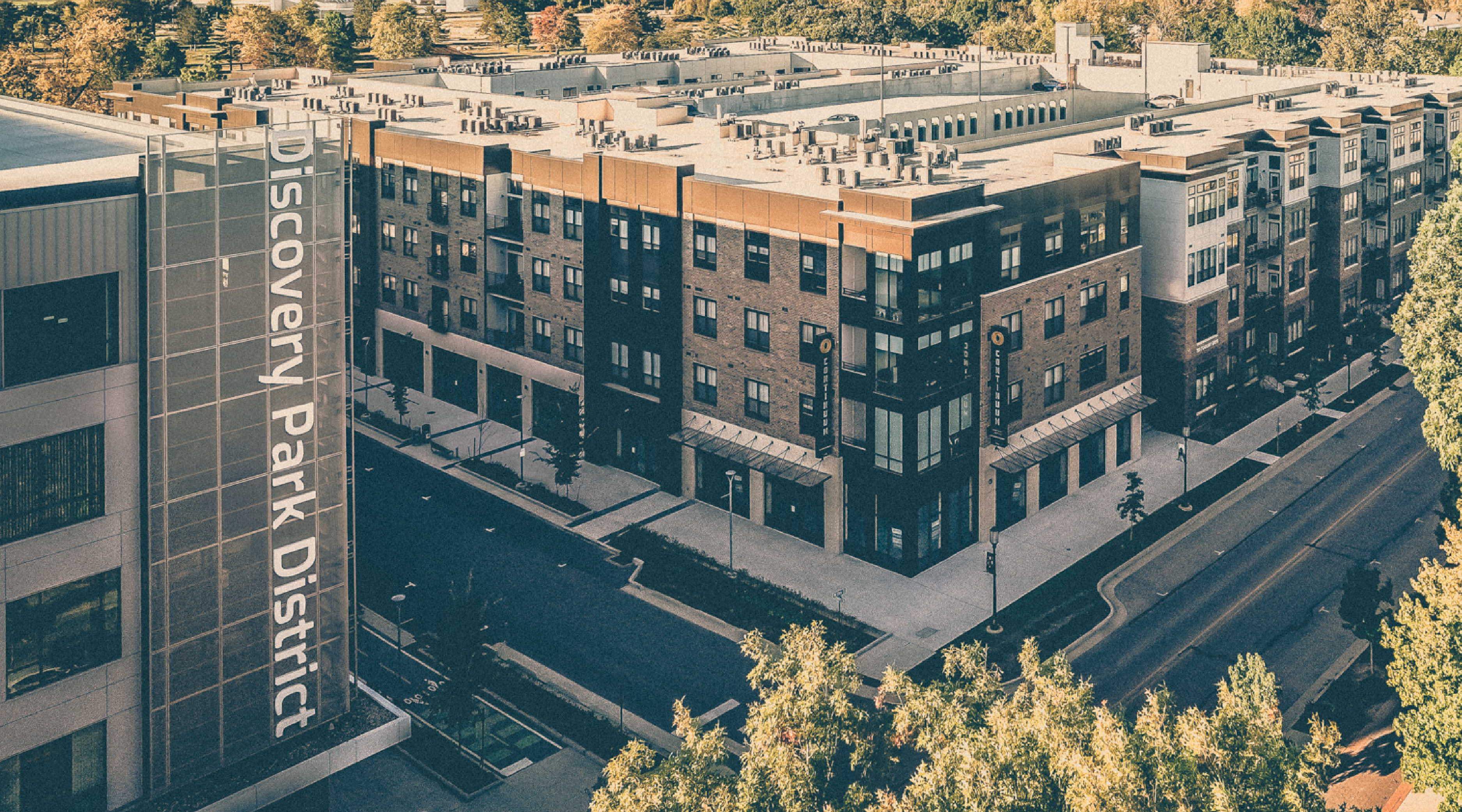
As demand for housing is met, market demand for community amenities grows. Ascension St. Vincent will construct an eight-bed microhospital in the Discovery Park District, making inpatient and emergency care in West Lafayette possible for the first time. This neighborhood hospital is the first development of a larger medical complex that will focus mainly on outpatient care.

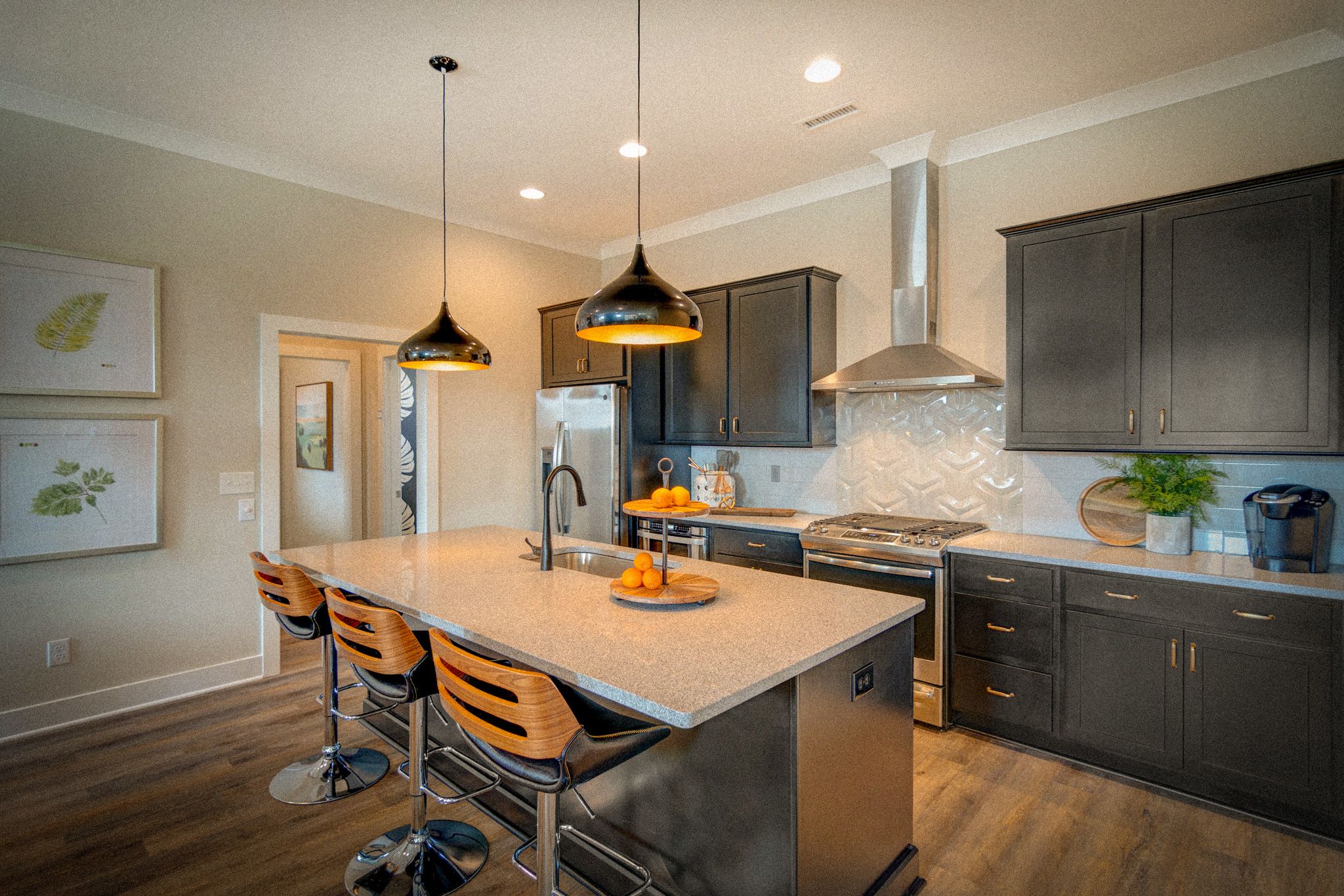
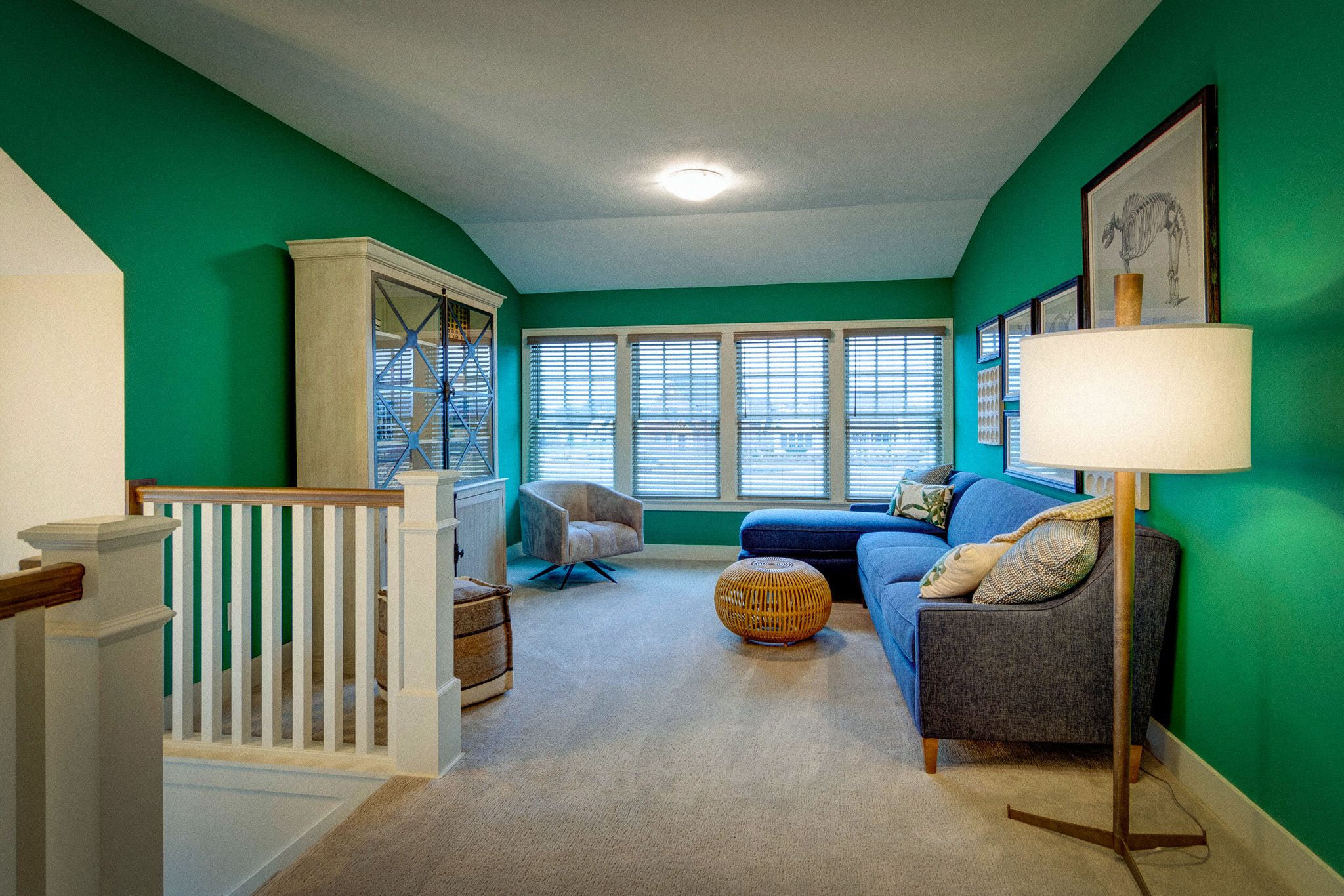
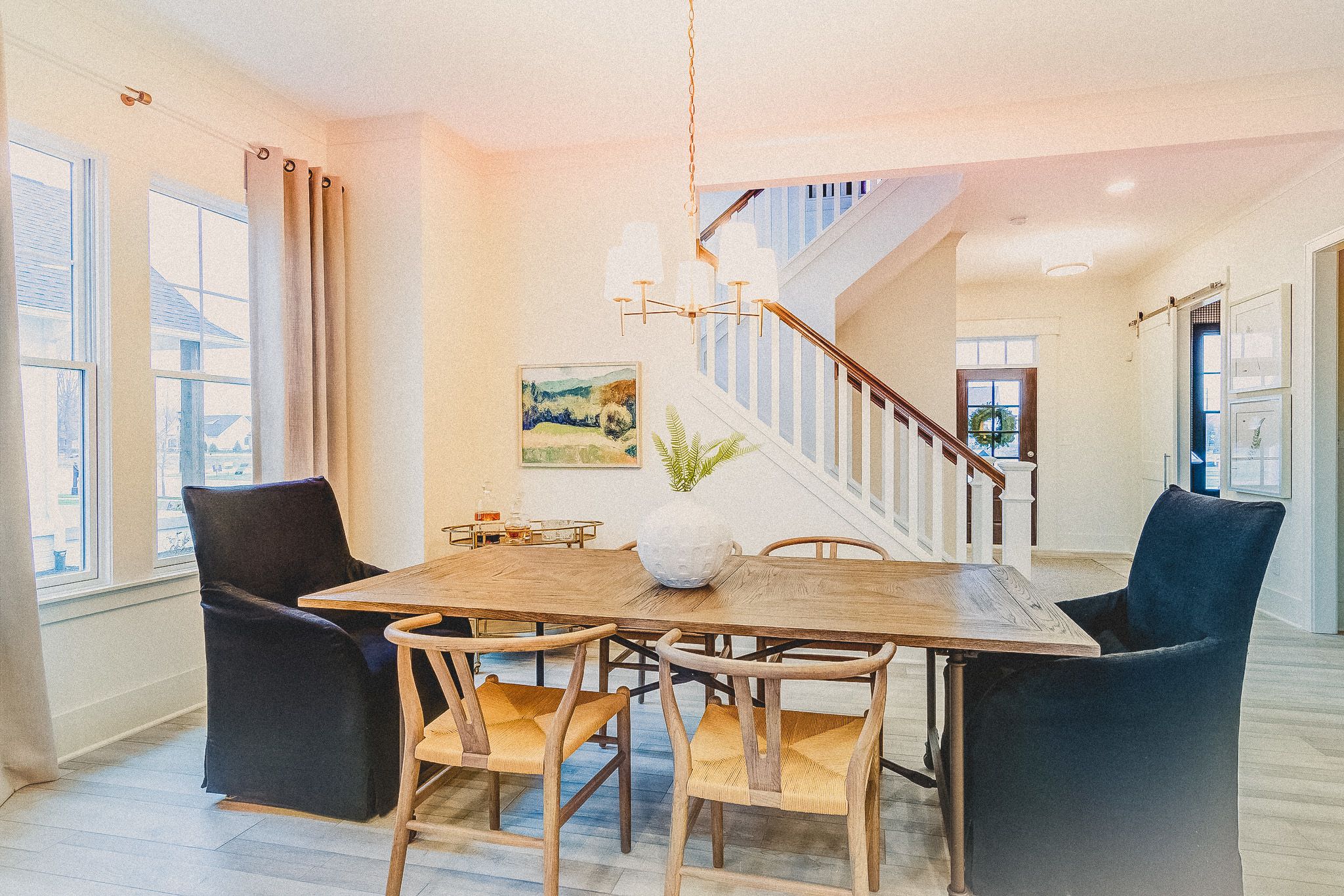
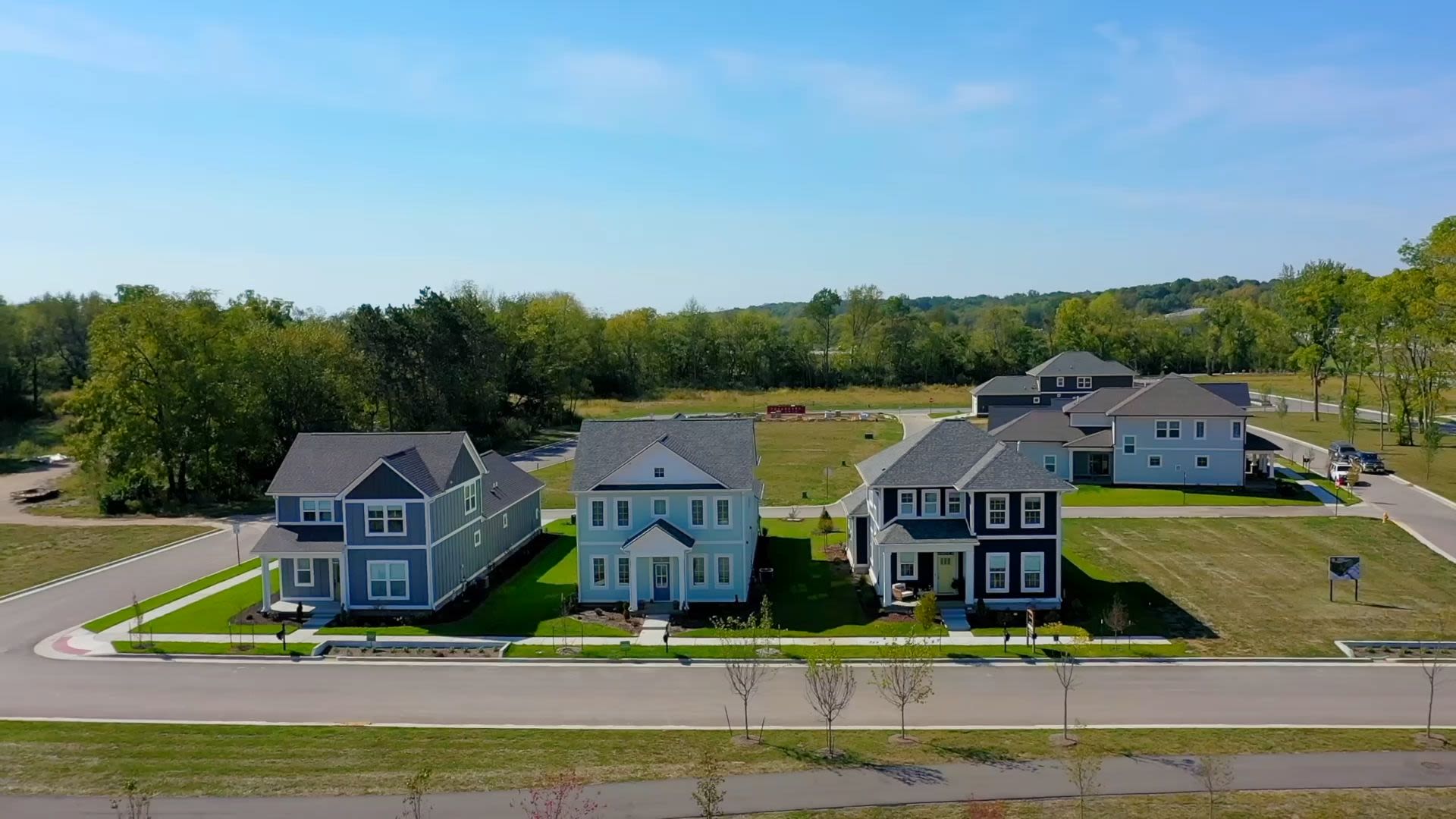

Provenance
Provenance


WORK FROM PURDUE

Blending the live-work-play concept, the university launched Work From Purdue, an innovative program that offers incentives for remote workers to move to the district and fosters connection and connectivity in the Purdue ecosystem.
Relocation packages include many benefits, including stipends and dining credits at the Atlas Family Marketplace in the Purdue Memorial Union. Purdue, consistently ranked in the 10 most innovative colleges in the nation, is the only university to engineer such a future-focused live-and-work lifestyle for people working remotely.
The Convergence Center for Innovation and Collaboration, billed as the “business front door to Purdue University,” is a hub for academic and industry partnering in the district. It has 143,000 square feet of space, including 22,000 square feet of LEED Silver-certified flexible office space. It also has 6,000 square feet of available retail space.
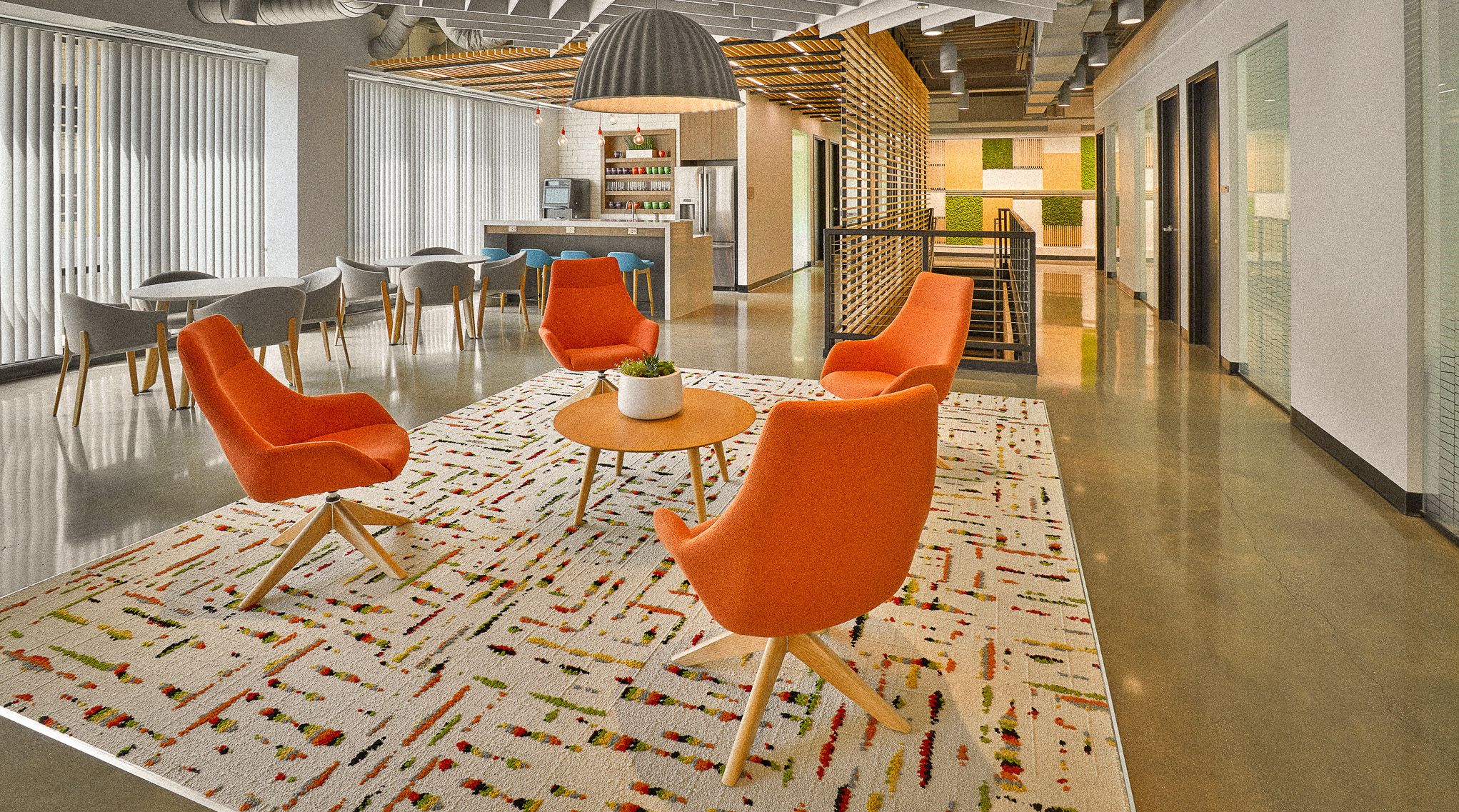
High-tech manufacturing companies Schweitzer Engineering Laboratories, Rolls-Royce, and Saab have invested millions of dollars to locate new facilities in the Discovery Park District, bringing hundreds of jobs. They also have buoyed Purdue University expertise by authorizing several research agreements with the College of Engineering.
“THESE THREE COMPANIES LOCATING NEW FACILITIES IN THE DISTRICT HAVE HAD SUCH A POSITIVE IMPACT: INDUSTRY WANTS TO BE PART OF AND GROW IN WEST LAFAYETTE. THEY’RE MOVING THEIR EMPLOYEES AND THEIR FAMILIES HERE.”
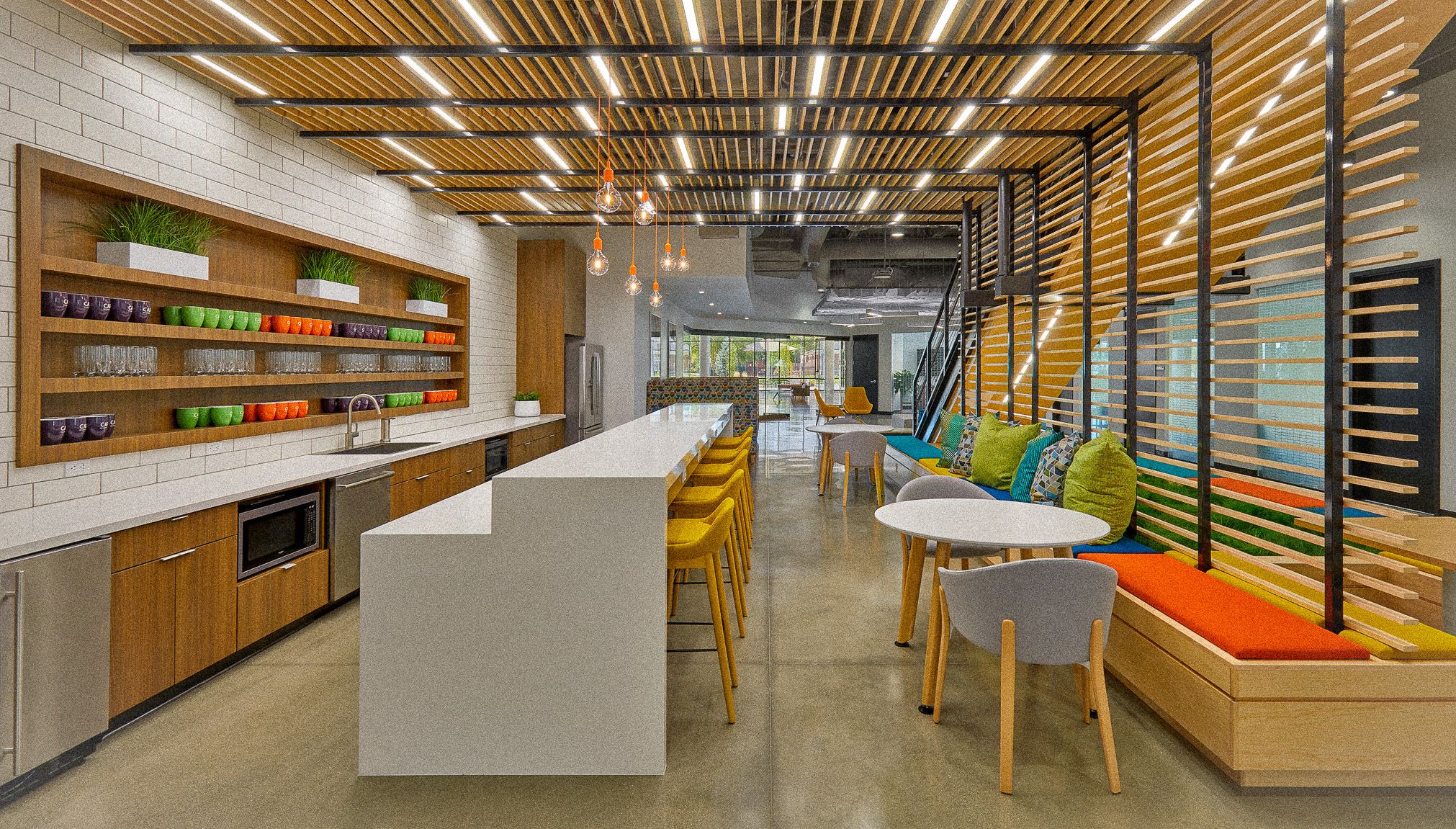
SkyWater Technology and MediaTek will bring high-paying, high-skilled jobs to the district over the next five years. SkyWater will open a state-of-the-art semiconductor manufacturing facility, and MediaTek will build the company’s first semiconductor chip design center in the Midwest.
These industry partnerships represent major wins for the national security and technology initiative of Purdue’s Next Moves and will advance the university’s competitive advantage.

A PART TO PLAY

A key milestone to developing the Discovery Park District came when West Lafayette annexed the Purdue campus.
“Purdue officially became part of the city,” Slater says. “All of the university’s land is now within city limits. This enabled the establishment of new TIF, or tax increment financing, districts.”
Taxes collected from the TIF districts are reinvested in the community to enhance infrastructure and attract development.
“The district is being developed as a walkable and dense urban environment where people are going to interact with one another,” Slater says. “Provenance follows new urbanism principles: It is built for people, not cars. All homes have porches and thoughtful designs in their master plans to get people connected. That connectivity extends to commercial buildings like the Convergence Center, which has an outdoor plaza where people can congregate and interact.”
“THIS MASTER PLAN INTENTIONALLY CREATES A SENSE OF PLACE.”
Connecting people is an important aspect of creating a sense of community anywhere, including the Discovery Park District, Slater says.
“People of all demographics living, working, and visiting in the community can interact with each other on a regular basis,” Michal says. “With anticipated grocery and sundry markets, restaurants, parks, and arts programs at Purdue, residents could walk anywhere they would want to go for recreation or shopping. We are focusing on new components to make the community a pedestrian center with multiuse buildings. We’re blessed with close proximity to the university and the culture and entertainment offerings it provides. We want to take advantage of and encourage pedestrian and bike connectivity with those resources.”
The Discovery Park District will continue to grow and evolve as corporate partners locate jobs and workers to the area and as those workers need options for housing, entertainment, health care, education, and lifestyle amenities—outcomes of a community-building approach marked by vision and careful planning.
“Is there an end point to creating the district?” Slater asks. “I hope not. There’s continual improvement and discovery and rediscovery. We are touting this as an innovative place, and there will be changing technologies. The district will evolve, and we’ll continue to do that as well.”


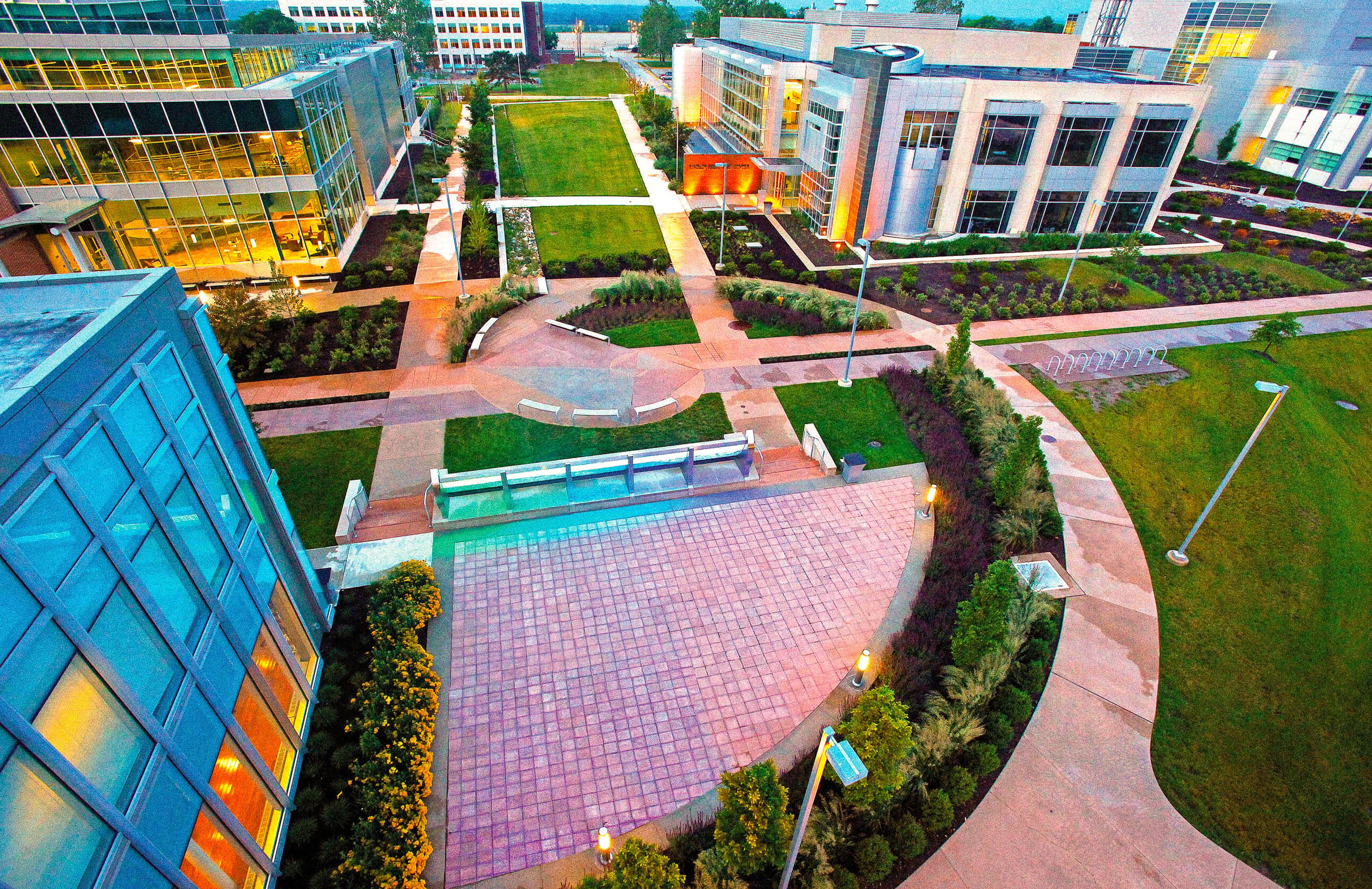
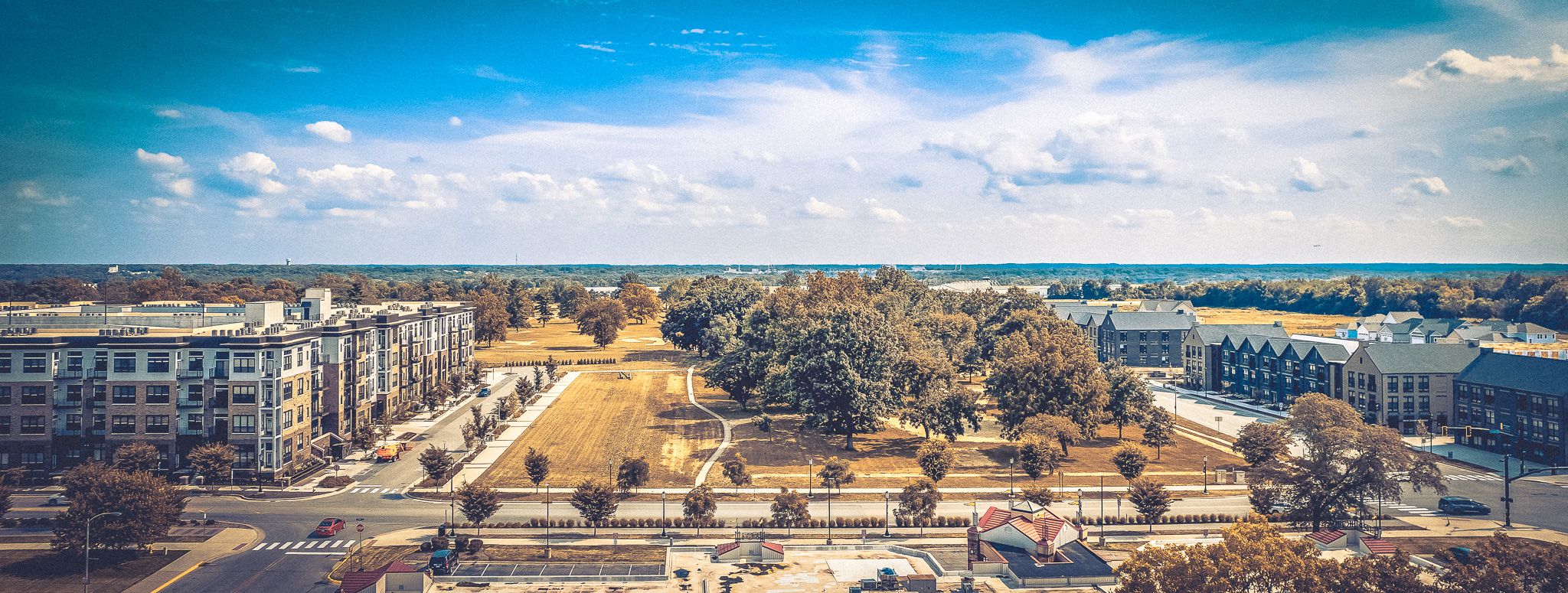


FORGE THE FUTURE!
Help support Discovery Park’s evolution.
Read more stories from this issue of Purdue Alumnus magazine.
View a text-only version of this story.
